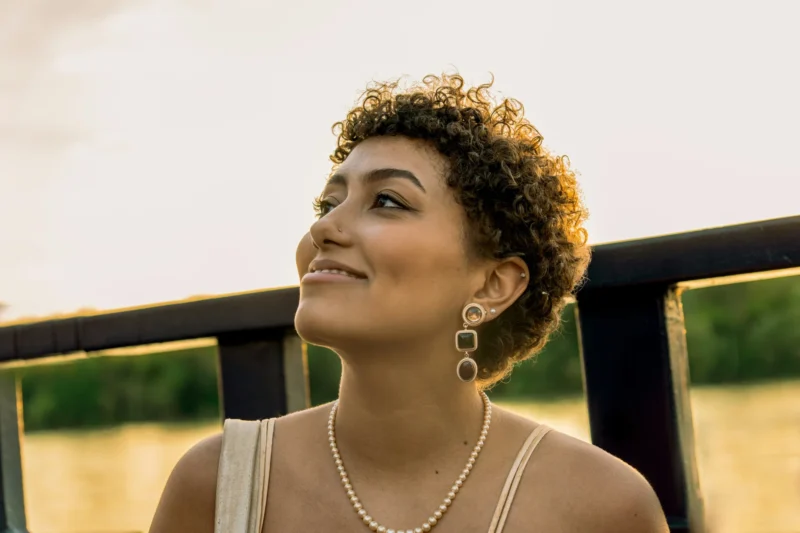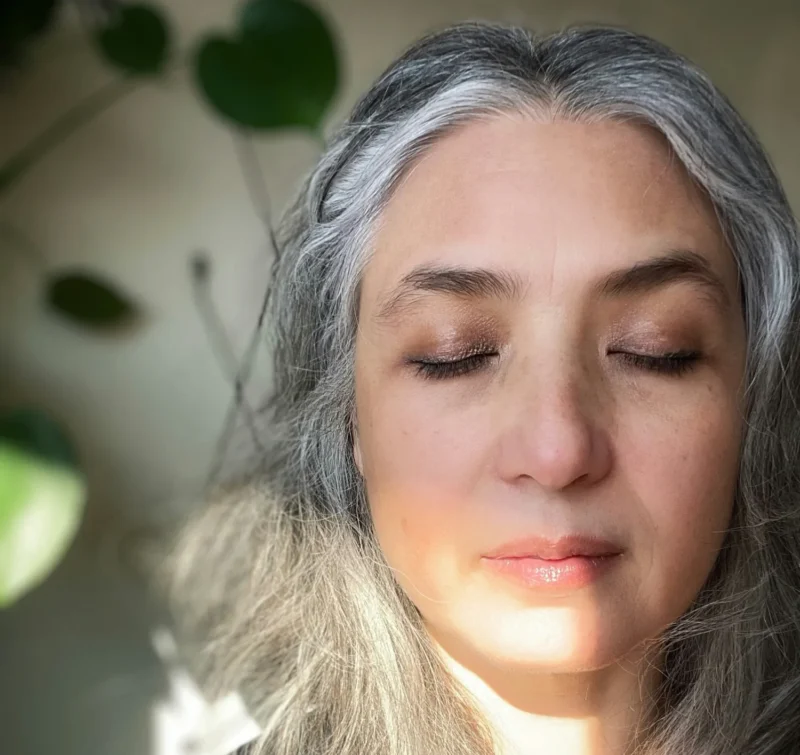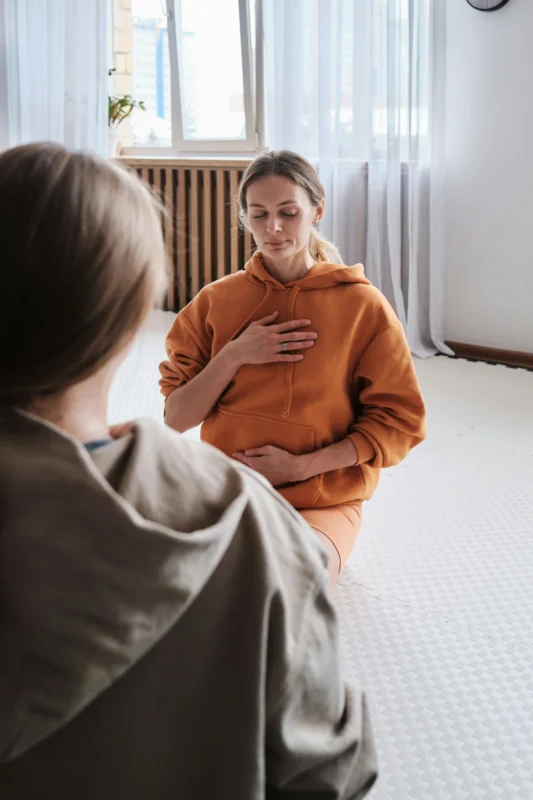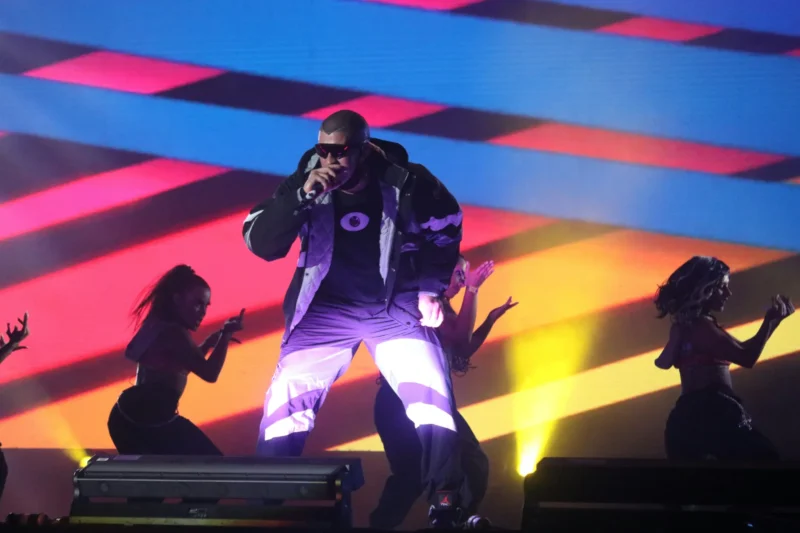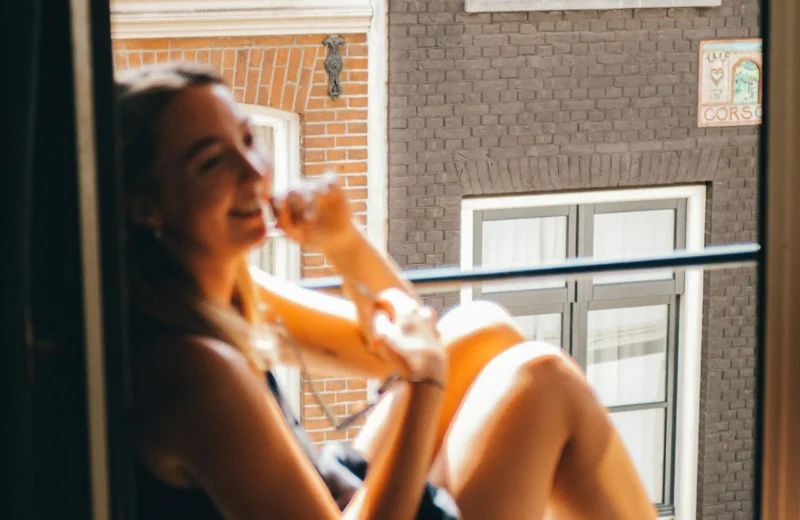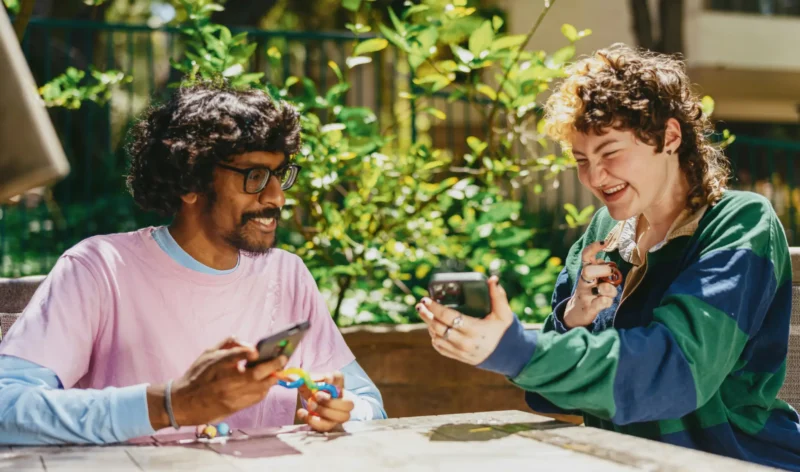
Australia’s Under-16 Social Media Ban: What to Know
If you’re parenting a teenager in Australia right now, you’ve probably heard: from December 10, 2025, young people under 16 won’t be able to use major social media platforms. It’s a big change, one that’s bringing up a lot of feelings in families across the country.
We wanted to offer some grounded, compassionate perspective on what this means and how to navigate it together.
What’s Actually Changing?
Nine platforms will be age-restricted for under-16s: Facebook, Instagram, Snapchat, TikTok, X (formerly Twitter), YouTube, Threads, Kick, and Reddit. Companies face fines up to $50 million if they don’t take reasonable steps to prevent access.
Here’s what’s not banned: messaging apps like WhatsApp, gaming platforms, educational tools like Google Classroom, and services designed for kids like YouTube Kids. The responsibility sits entirely with tech companies. There are no penalties for young people or parents.
The Mental Health Context
This ban didn’t appear out of nowhere. Research from headspace’s National Youth Mental Health Survey found that 42% of young Australians now cite social media as the main reason their mental health is declining (up from 37% in 2018). The constant comparison, the pressure to perform, the 24/7 nature of it all: these are real experiences affecting real young people. But here’s where it gets nuanced.
When Social Media Actually Helps
A 2023 survey found that” 66% of young Australians aged 16-25 said viewing mental health content on social media increased their awareness of their own wellbeing. 40% sought professional support after engaging with mental health information online. For many young people, social media isn’t just about selfies and drama. It’s where they find information, support, and communities that understand what they’re going through. 73% turn to these platforms specifically as mental health resources. This is why the impact isn’t straightforward. For some young people, this ban will genuinely ease pressure. For others, it might create new challenges around connection and support.
For Parents: Supporting Your Teen Through This
Have you noticed your teenager seems upset or frustrated about this change? That makes sense. Here’s what might actually help.
Start with curiosity, not lectures
Instead of defending the ban, try asking:
“Which online communities or creators have been most important to you?”
“Are there specific friends you’re worried about staying in touch with?”
“What do you think you’ll miss most?”
These questions validate your teen’s experience and give you real information about what they need.
Here’s something worth knowing: nearly 60% of Australian parents worry about their teenagers’ social media use, but adolescents themselves rate social media outside their top ten concerns. This disconnect matters: it means your specific teenager might experience this transition very differently than you expect.
Help them build alternative connections
The reality is that your teenager has probably built friendships and found communities through platforms that are about to become inaccessible. They need other ways to maintain those connections.
Work with them before December 10 to:
- Exchange contact information with important online friends (phone numbers, email, Discord usernames)
- Identify local clubs or groups that match their interests
- Explore platforms not covered by the ban where communities might relocate
- Create opportunities for in-person hangouts
The goal isn’t to recreate Instagram. It’s to prevent your teenager from feeling suddenly isolated from communities that have been genuinely important to them.
Know when to seek support
Most teenagers will adjust with time, even if they’re initially frustrated. But watch for signs that the loss of online connection is creating genuine distress:
- Significant withdrawal from family and activities they used to enjoy
- Persistent low mood or expressions of feeling completely cut off
Changes in sleep, appetite, or school performance lasting beyond a few weeks
- If these signs appear and persist, it’s worth reaching out to school counsellors, psychologists, or services like headspace (not to punish, but to support them through what’s become a genuinely difficult transition).
For Young People: Your Feelings Are Valid
If you’re a teenager reading this, here’s what adults might not be saying clearly enough: it’s completely normal to feel angry, sad, or frustrated about this ban.
Your online communities are real
The connections you’ve built online, the communities where you’ve felt understood, the creative spaces you’ve found: these are legitimate and valuable parts of your life. Maybe you’ve found other people who share your experience with anxiety. Maybe you’ve connected with LGBTQ+ communities when you didn’t have that support locally. Maybe you’ve found people who share your passion for art, gaming, or activism. Losing access to these spaces is a real loss, and you’re allowed to grieve it.
Give yourself time to adjust
Adjustment won’t happen overnight. You might feel disconnected for a while. That’s normal.
Some things that might help:
- Before December 10, exchange alternative contact details with friends who matter
- Explore messaging platforms not covered by the ban
- Be honest with your mates about wanting to stay connected
- Give in-person connections a chance, even when they feel awkward at first
- Look for local groups related to interests you used to explore online
When to ask for help
If losing access to social media is bringing up persistent feelings of isolation or hopelessness that aren’t improving, that’s worth talking about. It doesn’t mean you’re being dramatic: it means you’ve lost something genuinely important and could use support navigating that. Free, confidential support is available through headspace, Beyond Blue, and Kids Helpline. At Seed Psychology, we work with adolescents and young people navigating difficult transitions and mental health challenges.
What Happens Next
Social media companies have already identified hundreds of thousands of underage accounts and will begin deactivating them when the law takes effect. Users under 16 should be able to download their account data before deactivation.
Will the ban actually work? That’s uncertain. Some legal experts worry it might be difficult to enforce or could inadvertently push young people toward less regulated platforms. These aren’t reasons to abandon the attempt, but they are reasons to approach this change with realistic expectations.
The Bottom Line
Whether you’re a parent or a teenager, the coming months will require flexibility, honest communication, and recognition that this change will affect different people in different ways. The measure of success won’t be perfect compliance or zero social media access. It will be whether young Australians maintain the connections, support systems, and communities essential to their wellbeing, regardless of the platform or medium through which those connections occur.
This is new territory for everyone. In therapy, we often talk about how major transitions require both grieving what’s lost and gradually building what comes next. That applies here too.
Give yourself (and your teenagers) permission to figure it out as you go. If you’d like support navigating this change, our team at Seed Psychology is here. We offer in-person sessions in Brunswick East and online appointments throughout Victoria.
Key Questions Answered
When does the ban start?
December 10, 2025
Can parents give permission?
No, the ban applies to all Australians under 16 regardless of parental consent
Will teenagers get in trouble?
No, there are no penalties for young people or families (only for tech companies)
What about messaging apps?
WhatsApp and similar standalone messaging apps are excluded from the ban
Is YouTube completely banned?
YouTube is included, but YouTube Kids (designed for children) is excluded
Where can families find support?
The eSafety Commissioner provides resources at esafety.gov.au. For mental health support, headspace, Beyond Blue, and Kids Helpline offer free, confidential services. Seed Psychology provides support for adolescents and families in Melbourne and online throughout Victoria. Book an appointment or call 03 9388 8113.
